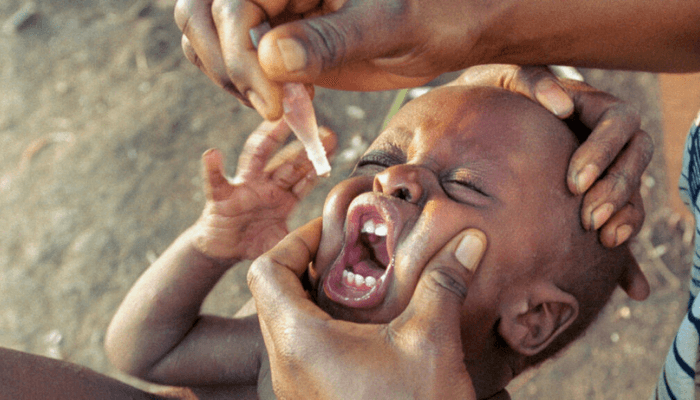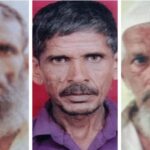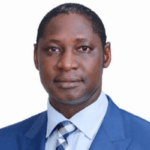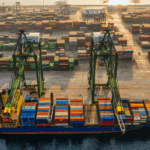Despite Nigeria achieving wild poliovirus free status, the Sir Emeka Offor Foundation (SEOF) and public health experts have warned that the fight against the virus will not end until countries where the virus remains endemic are completely free of polio.
Nigeria was officially declared free of wild poliovirus by the World Health Organization (WHO) in August 2020. However, the foundation highlighted that Afghanistan and Pakistan, the last two countries still harboring the virus, pose a continuing threat to global eradication efforts.
“Across Africa, and here in Nigeria, the story of polio has changed. The wild polio virus is gone from our lands, but our mission is not yet complete. Polio remains a threat to children everywhere. Until Afghanistan and Pakistan are polio free, our work is not done,” said Emeka Offor, founder of the Sir Emeka Offor Foundation, during an event in Abuja to mark World Polio Day.
He pledged continued support for polio vaccination campaigns, health worker training and community education to maintain the progress made in polio eradication in Nigeria and across Africa.
“We are committed to partnering with religious leaders to support vaccination drives in hard-to-reach areas, strengthen cold chain systems and ensure access to every household in the fight to end polio transmission,” Ofor said.
The Founder also commended Nigeria's efforts to maintain its polio-free status and urged government officials and development partners to remain steadfast in their collective mission to achieve global eradication.
Offor acknowledged decades of collaboration between Rotary International, the Global Polio Eradication Initiative (GPEI), governments and local communities. Together, they have turned an impossible dream of a polio-free world into a near reality.
“At SEOF, we will not back down. We are supporting vaccination campaigns in hard-to-reach areas, strengthening cold chain systems, and partnering with community and religious leaders to reach every home and every heart. Let's keep going until we consign polio forever to history, where it rightfully belongs,” Ofor said.
In his remarks, District Governor of Rotary District 9127, Joy Nkei Okoro, commended the Nigerian government and development partners for their steadfast commitment to vaccination campaigns and surveillance systems that led to Nigeria being certified as polio free five years ago.
However, he stressed that the world cannot relax yet, as Afghanistan and Pakistan remain the last holdouts, where insecurity and misinformation continue to hinder eradication efforts.
District Polio Chair of Rotary District 9127, Kadijat Kuburat Yusuf, also spoke at the event and stressed that although Nigeria and most of Africa is polio free, the presence of circulating vaccine-derived poliovirus (cvDPV) still demands vigilance.
Yusuf said, “It's not over until it's over. Until Afghanistan and Pakistan become polio-free, every child remains at risk. Because of the security challenges in these areas, complete eradication has been difficult. But as long as even a single child remains infected, all children are vulnerable.”
Also read: Weak policies promote drug-resistant infections
He reminded the audience that polio, a viral disease spread by poor sanitation and contaminated water, once paralyzed more than 350,000 children worldwide.
“Even if the virus spreads through an infected person, it can spread to other countries. This is why continued vaccination and surveillance cannot be compromised,” Yusuf said.
Frederick Odika, President of the Rotary Club of Abuja Metro, reiterated Rotary's commitment to continuous advocacy, community sensitization and awareness campaigns to ensure that polio never returns to Nigeria.
Odika said, “Any child infected with polio poses a threat to every other child, anywhere in the world. We will continue our advocacy and awareness campaigns to keep Nigeria and Africa polio-free.”











